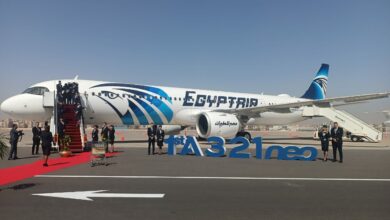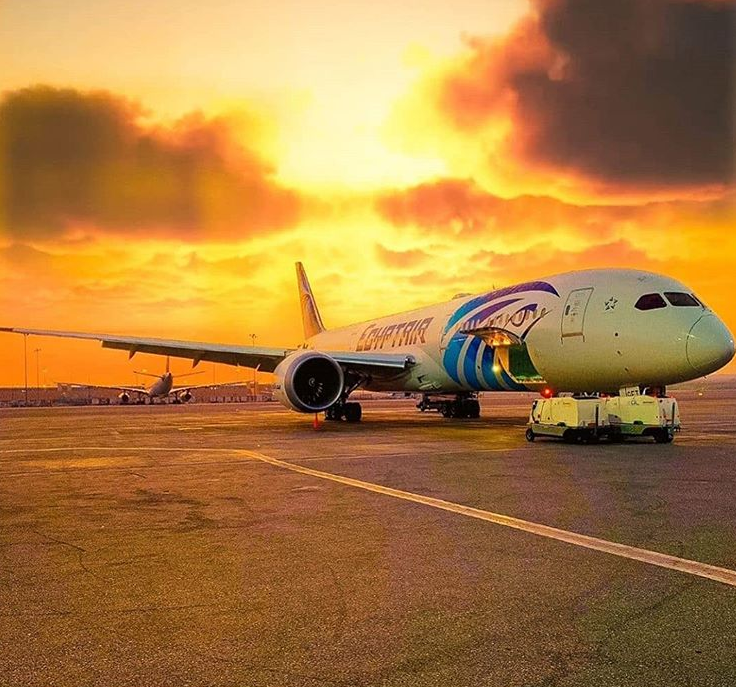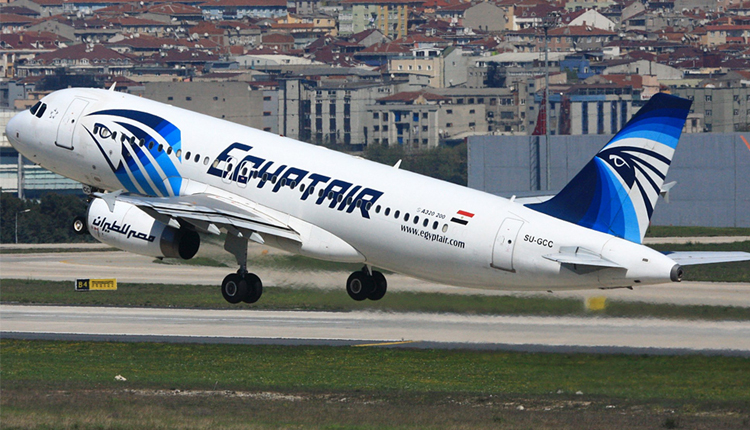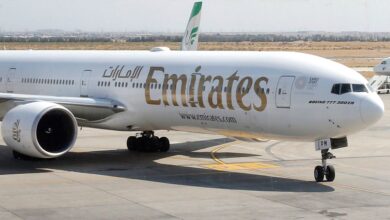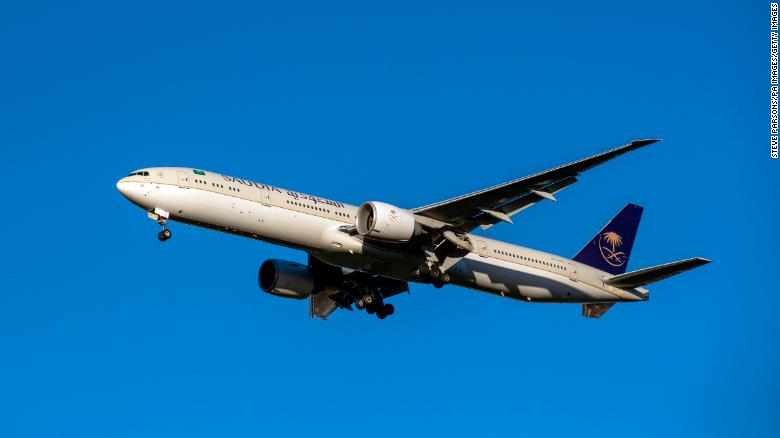
Dubai (CNN Business) — Saudi Arabia is hosting its first international air show as it seeks to turn its national airline into a global player.
The country has grand ambitions for its aviation industry under a plan spearheaded by Crown Prince Mohammed bin Salman to diversify the economy away from what he once called an “addiction” to oil. But those efforts have become more complicated after the killing of journalist Jamal Khashoggi, which has damaged the Saudi government’s international reputation.
Saudi Arabia already has a vibrant air travel market, with 27 airports serving its population of more than 30 million and the throngs of pilgrims who travel to the country each year to visit Islam’s holiest sites.
Bin Salman wants Saudi Arabian Airlines, also known as Saudia, to become an international carrier capable of rivaling Qatar Airways and the two big airlines in the United Arab Emirates, Etihad and Emirates.
“Our brothers in the UAE and Qatar have worked so well to transform aviation in the Middle East … Saudi aviation companies should have a much greater share in the Middle East aviation market,” he said in an interview with Saudi state television in 2017.
Shadow of Khashoggi killing
Dozens of international companies are listed as exhibitors as the airshow, which kicks off Tuesday in Riyadh. Yet Boeing (BA), Airbus (EADSF), Raytheon (RTN) and Thales said they will be represented by regional staff at the event rather than global executives.
Businesses have been hesitant to deepen their exposure to the kingdom ever since Khashoggi, a Washington Post journalist, was killed at the Saudi consulate in Istanbul in October.
Dozens of foreign executives such as JPMorgan (JPM)CEO Jamie Dimon and Siemens (SIEGY) CEO Joe Kaeser pulled out of the country’s flagship investment conference, dubbed “Davos in the desert,” soon after news of the killing emerged.
British billionaire Richard Branson has pulled back from two projects to develop Red Sea tourism and has suspended talks with the Saudi government about a $1 billion investment in his space companies.
US intelligence officials believe the killing could not have been carried out without bin Salman’s knowledge. Saudi authorities have denied those claims.
Under the crown prince’s big plan for the economy, known as Vision 2030, Saudi Arabia wants to grow its tourism industry and boost the number of visitors to the kingdom.
It is aiming to attract 30 million religious pilgrims a year by 2030, up from 8 million in 2016. It said it will start issuing tourist visas for the first time. It also plans to build two new airports and renovate three existing ones.
“Those plans are determined according to increased passengers growth and by keeping pace with the expected development and demand plans in the region,” Saudi Arabia’s transport minister, Nabil bin Mohammed Al Amoudi, told CNN in a statement.
Can Saudia rival the ‘Big 3’?
The potential is huge, analysts say.
Saudi Arabia’s sizable domestic aviation market and appeal as a religious tourism destination have enabled Saudia, its flagship airline, to compete with the region’s top carriers in terms of the number of seats offered.
Emirates, Etihad and Qatar Airways have often been referred to as the Middle East’s “Big 3.” They have grown rapidly over the past decade by taking advantage of their geographic location to build hubs connecting Asia with Europe and North America. They have also captured passenger traffic by offering state of the art infrastructure and award-winning service.
“On the basis of seats flown, a metric of airline size, one could argue that the ‘Big 3’ should in fact be regarded as the ‘Big 4,'” said Rob Watts, CEO of aviation consultancy firm Aerotask.
“Saudi Arabia has a more diversified mix of passenger traffic than the ‘Big 3’ network carriers and is therefore less exposed to the performance of the global economy, something that constantly poses a challenge for Emirates, Etihad, and Qatar,” he added.
But the Saudi government still has work to do before Saudia can attain the same kind of international reputation as its regional rivals.
“For Saudia to truly tap into this market and place itself next to the ‘Big 3’ as a global network carrier, more needs to be done towards improving the country’s international perception, an area where great progress has been made but where more must be done if passengers are to choose Saudia over their very capable peers,” Watts said.
By Zahraa Alkhalisi, CNN Business
Image Credit: Steve Parson, CNN/PA Images/Getty Images

